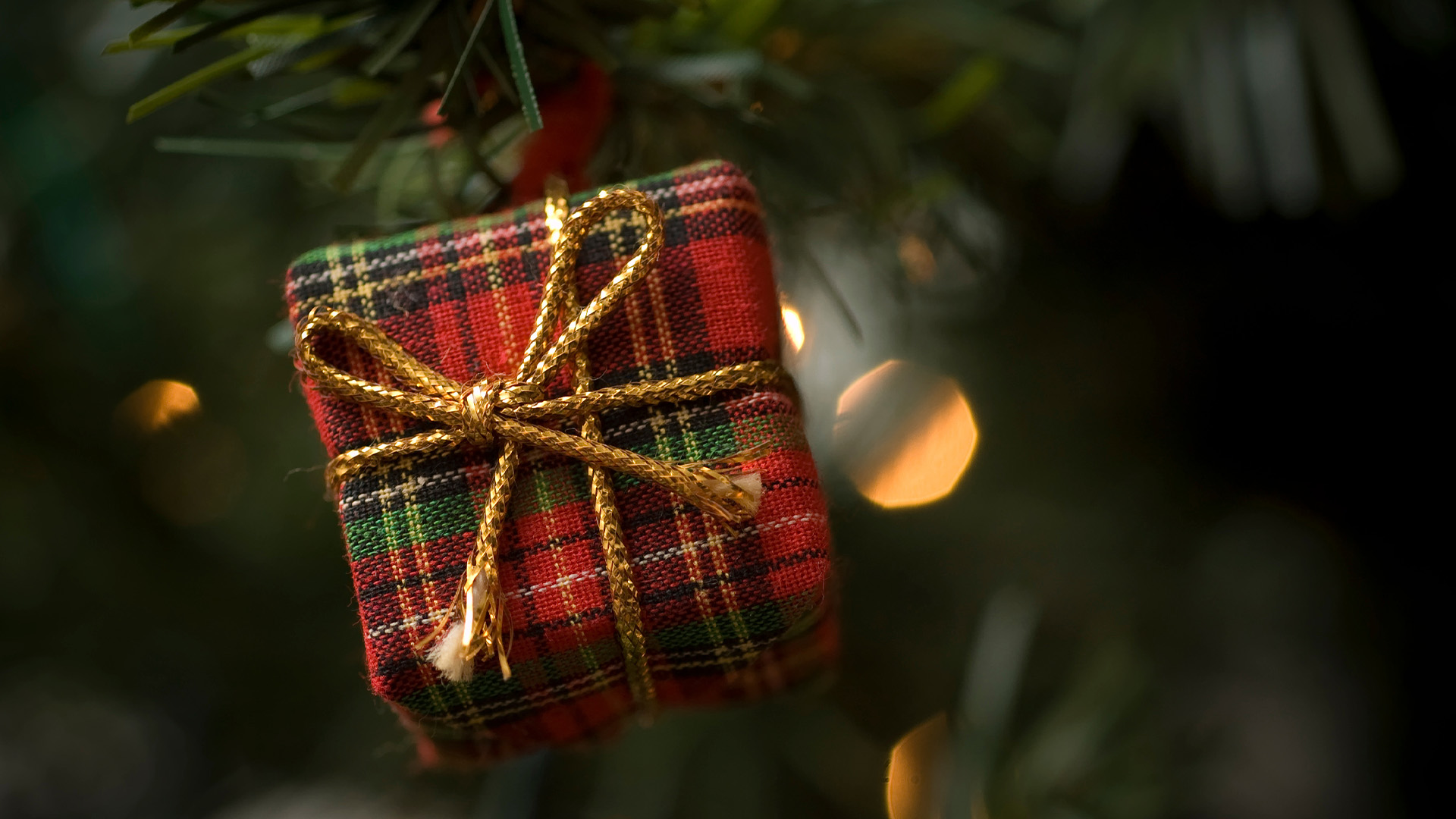
Data shows that, on average, Brits hand out 32 gifts a year per person. There are plenty of reasons why people treat gift-giving as important all year round – but especially as we head into the festive season.
In fact, Scotland has a rich history of gift-giving, ranging from winning favours with royalty to bringing good luck. And with 34% of Brits being superstitious, we should be embracing Scotland’s national culture of generosity – whether you’re treating your family to a luxury food hamper for the festive season or passing the luck on with some money.
Katy Baxter, Corporate Affairs Director at Baxters of Scotland, says: “Scotland is known for its rich history, and one part that many might forget, but which is important to us all, is our gifting culture. We believe in high-quality gifts which not only bring our friends and family some joy but also some luck.”
Handsel Monday
One tradition seen in Scotland is Handsel Monday. This occurs on the first Monday of the new year as a way of bringing some joy into the first few days. The word “handsel” comes from Old Saxon, meaning “to deliver into the hand”.
As Scotland has a rich farming history, this historic tradition was originally used to celebrate workers, especially rural and farming workers. It was customary that employers would give their workers the day off and some money as a gesture of goodwill.
This then turned into a tradition for neighbours, friends, and family to visit each other and give each other gifts. This could include raffles, where people could win prizes, or you could give your loved ones a token of gratitude – often in the form of money or small gifts. And for those who received silver on Handsel Monday, it was said they’d have good fortune for the coming year.
Hogmanay
Another tradition engrained in Scottish culture is Hogmanay. This is about celebrating the end of a year and welcoming in a new, luckier year. This timeless tradition has made its way into the modern day, as it is now one of the largest events celebrated in Scotland – with festivals such as Edinburgh’s Hogmanay Street Party lasting three days. Hogmanay festivals bring everyone together across large and small venues, offering food, drink, and events in the run-up to the New Year.
Another tradition for many is the “first footing” of the New Year. It is said that the first person to step into your home should bring you several gifts. While the tradition stated that it should be a dark-haired man, anyone can use this tradition in their first visits of the new year. This tradition stems back to the Viking invasions in the 8th and 9th centuries. If a dark-haired male entered the home first after New Year, with gifts for the hosts, then it would wish good luck on the house for the coming year. Traditionally these gifts included coal, salt, bread, or even whisky. This tradition is meant to bring wealth and fortune into someone’s home. Gifts such as these are thought to bring a special significance to the house you are visiting – with coal wishing warmth, for example. This tradition is still commonly practised in Scotland, with many bringing whisky to toast the New Year with their loved ones.
Katy says: “Besides money, Scottish culture relied on food and drink as a way of greeting and gifting to each other. Providing gifts such as bread or whisky offers your hosts luck and prosperity – meaning that they won’t go hungry during the coming year. Whether you believe in the superstitions or not, bringing food and drink into someone’s home for the New Year can be a great way to indulge your loved one.”
Royal gifts
As with many royals, Scottish kings received gifts in their time. This gift-giving was usually to win favours with the King or even a sign of respect rather than a loving offering. However, it could also be used for personal gain. For example, Archibald Douglas, Earl of Angus, would often shower young King James V of Scotland with gifts to win favours with him, even while he was in his captivity.
Katy says: “Gift-giving has played many uses throughout the centuries – gifting is a large tradition, and everyone from workers to royalty has received gifts in their time. So, if you want to show respect for someone special in your life, buying them a gift could just do the job.”
Modern-day gift-giving
Modern-day gifts vary wildly, depending on what your friends and family enjoy. However, many Scots still stick to the same traditions when it comes to passing on money during the New Year period.
And we have seen many gifts being used to share the Scottish culture, too. Bottles of whisky are commonly shared as gifts. In fact, ahead of the Euro 2020s, Scotland captain gifted his team a hamper including whisky, Irn Bru, and shortbread.
Katy says: “If you’re looking to give gifts this season, you can give a bit of Scotland to each other. Whether you’re choosing food or drink, there are plenty of examples that you can indulge your loved ones in while also sharing that Scottish heritage we are so proud of.”
Whether you want to bring your neighbours a bit of good luck or celebrate a big moment with family, gifts are a great way to spread love. And food has been a luxury that many find comfort in. By sharing some food, drink, or money, you can add a special touch to the festivities this season.



















